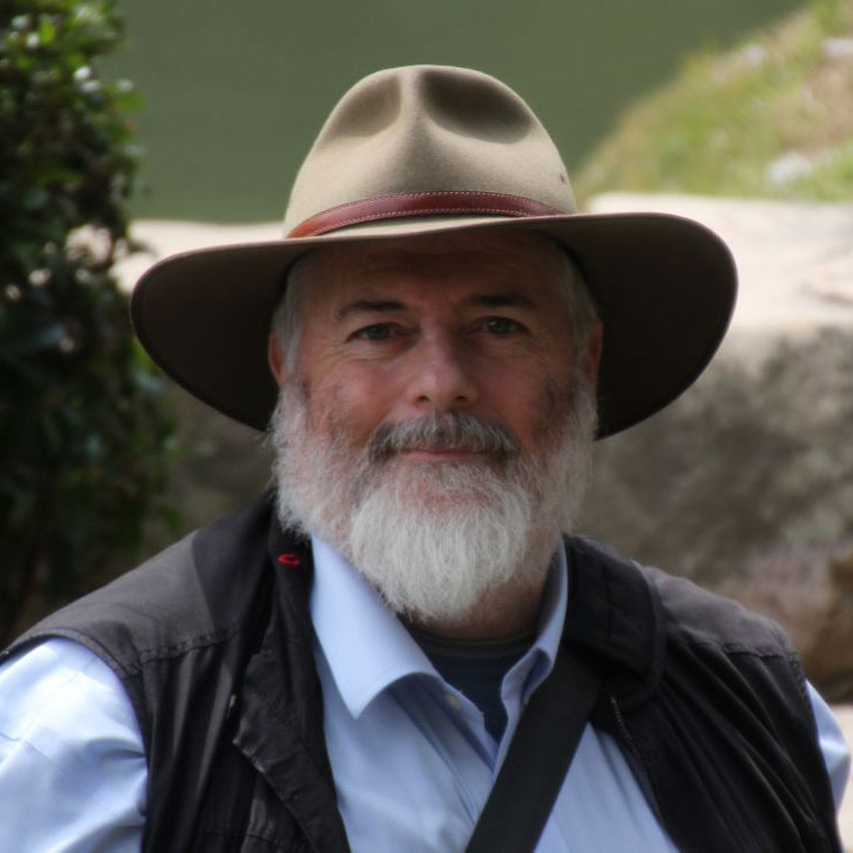Lecture Series
Rejecting Business-As-Usual in Colonizing-Settler Societies: Why is it so Hard for Indigenous People to Exercise Their Rights to Self-Determination?

Prof. Richard Howitt
Yushan Scholar and Chair Professor of the Department of Geogeraphy, National Taiwan Normal University; Emeritus Professor, Department of Environment and Geography, Macquarie University
Date: 2025/04/24
Time:10:30 - 12:00
Venue:International Conference Room (Jiao 202), Education Building
Organized by National Taiwan Normal University
Department of Geography, College of Liberal Arts
Agenda
-
10:00 - 10:30Registration
-
10:30 - 10:35Opening Remarks
-
10:35 - 12:00Distinguished Lecture & Interactive Q&A
Abstract
Following the first United Nations Decade of Indigenous Peoples (1995-2004), there has been much discussion of Indigenous rights – but limited progress in securing, advancing and implementing those rights. Reflecting on extended engagement with Indigenous experience in Australia and Taiwan, I ask a fundamental question - Why is it so hard for Indigenous people to exercise their rights to self-determination? In both Taiwan and Australia, governments have ostensibly championed Indigenous rights to varying degrees – and with varying levels of political bi-partisanship amongst major political parties. Similarly, major societal institutions have joined movement for Indigenous recognition with restricted conviction and success. Dominant approaches to ‘business-as-usual’ in many domains of education, planning, law and economy reinforce still-colonizing patterns that assume nothing changes with such rhetorical flourishes and that previous patterns of disadvantage, disenfranchising, erasure and marginalisation can be pursued without being held accountable for their consequences for future generations of Indigenous peoples. Failure to understand Indigenous expectations of truth-telling and healing amplifies and continues colonial trauma in current and future generations and must be acknowledged. I conclude that rhetorical ‘recognition’ of ‘rights’ that are neither enacted nor championed by democratic and societal institutions and is contradicted by societal attitudes and actions lays foundations for futures in which truth, justice, environmental quality and culture are all threatened. Further, scholars and educators are obliged to respond directly to overturn such approaches to ‘business-as-usual’ in our research and education programs.
About the speaker
-
Richard Howitt is the Yushan Fellow Distinguished Professor and Chair Professor of the Department of Geography at National Taiwan Normal University, as well as an Emeritus Professor at Macquarie School of Social Sciences. A specialist in human and Indigenous geography, his research focuses on Indigenous rights, natural resource development, and the relationships between Indigenous communities, governments, and corporations. Known for his participatory social impact assessment methodologies, he advocates for Indigenous peoples to address and challenge systemic marginalization. In 2023, he was awarded the Order of Australia for his contributions to Indigenous rights.
- https://researchers.mq.edu.au/en/persons/richie-howitt
- https://www.geo.ntnu.edu.tw/index.php/faculty/